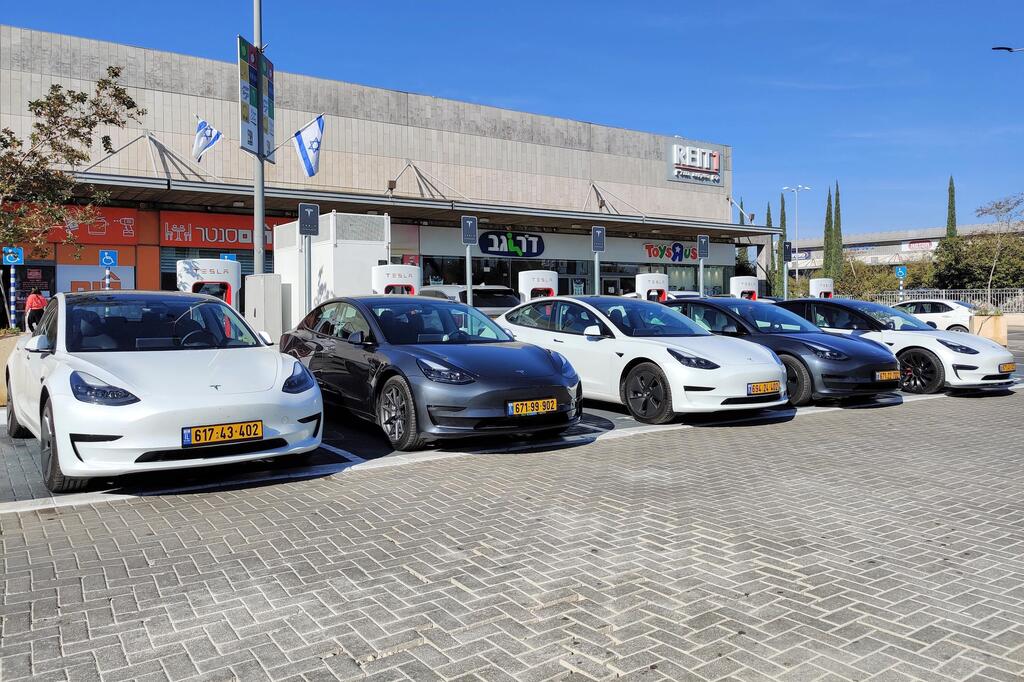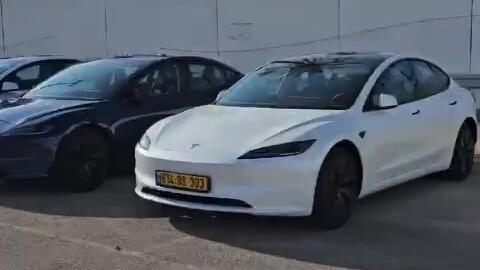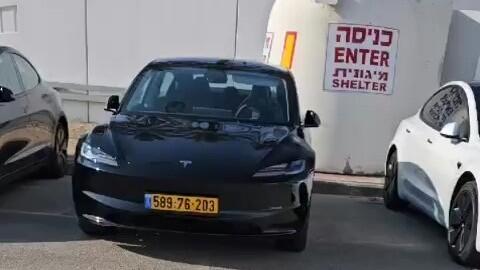Getting your Trinity Audio player ready...
Enthusiasm in the Israeli automotive scene about the brand that redefined the local electric vehicle market just three years ago is cooling off these days.
The diminished interest in Tesla vehicles is evident both online and in sales: according to the Automobile Importers Association, in the first two months of 2024, Tesla delivered 356 new cars in Israel.
For comparison, SERES delivered 641 new cars, Geely delivered 1,626, XPeng delivered 532 cars and ORA delivered an identical number.
The deliveries of all other brands, excluding Tesla, are significantly distorted by the rush of car releases from customs, as car importers released their vehicles in December before the purchase tax rose from 20% to 35% and are now gradually releasing the cars to the market. In some cases, such as XPeng, the importer's inventory has run out, and the cars available for order now are more expensive.
Tesla's approach to vehicle delivery significantly diverges from other manufacturers; it doesn't just aim to boost sales in the year's early months but strategically times its deliveries to influence its quarterly financial reports.
This method allows Tesla to adjust its inventory levels strategically toward the end of each quarter, utilizing discounts and promotions to enhance sales. This strategy highlights a clear distinction between Tesla's global operational focus on quarterly performance and local car importers managing inventories on a regional basis.
As Israel prepares to review the first quarter of 2024, Tesla's increased vehicle deliveries in March, surpassing those in January and February, will likely secure it a prominent position in the electric vehicle delivery rankings.
Last month, Tesla announced price increases in two of its key markets: Europe and the United States. The price hikes, especially for the Model Y, took effect in recent days, with Tesla wisely informing customers in advance about the impending rise.
Why did Tesla raise prices? The reasons are typical: currency exchange rates, raw material costs and the like. However, Tesla has another significant motive: the company announced its production and sales figures this week, including the milestone of its 6 millionth vehicle. Thus, the "push" in sales before the price increase could be aimed at bolstering Tesla's sales figures.
However, in Israel, at least for now, Tesla's prices remain stagnant. For customers interested in purchasing a Tesla in Israel, this is great news, but there are reasons for this: First, unlike in the past, Tesla is now facing significant competition from Chinese car brands that did not have any presence in the Israeli market until a year ago: BYD's SEAL, XPeng's P7 and other models that car importers label as "Premium Tech" are notably cutting into Tesla's sales share.
Moreover, the price of a new Tesla is no longer considered affordable, long surpassing the NIS 200,000 ($54,000) mark. Another issue is the array of promotions and discounts offered by car importers, not to mention the current generation of electric vehicles in Israel, from the Zeekr X to the new Smart, branded as "luxurious" yet priced under NIS 200,000.
Additionally, Israel's sales volumes are far from those in Europe or the United States, and a surge in customer interest would, at best, generate only a few hundred more orders for the balance sheet.
Will this situation continue? Currently, many electric vehicle importers, especially Chinese ones, are negotiating with their manufacturers regarding future shipments to Israel, facing challenges of higher shipping costs via the Mediterranean and increased tariffs.
For now, the issue of rising prices for Chinese electric vehicles is on the back burner because the increases will be gradual and spread over several months.
However, it's conceivable that eventually, as the prices of cars like XPeng's P7 approach those of the Tesla Model 3, the current price advantage the Chinese brands hold may diminish. At that point, Tesla might afford to widen the price gap with its competitors.





